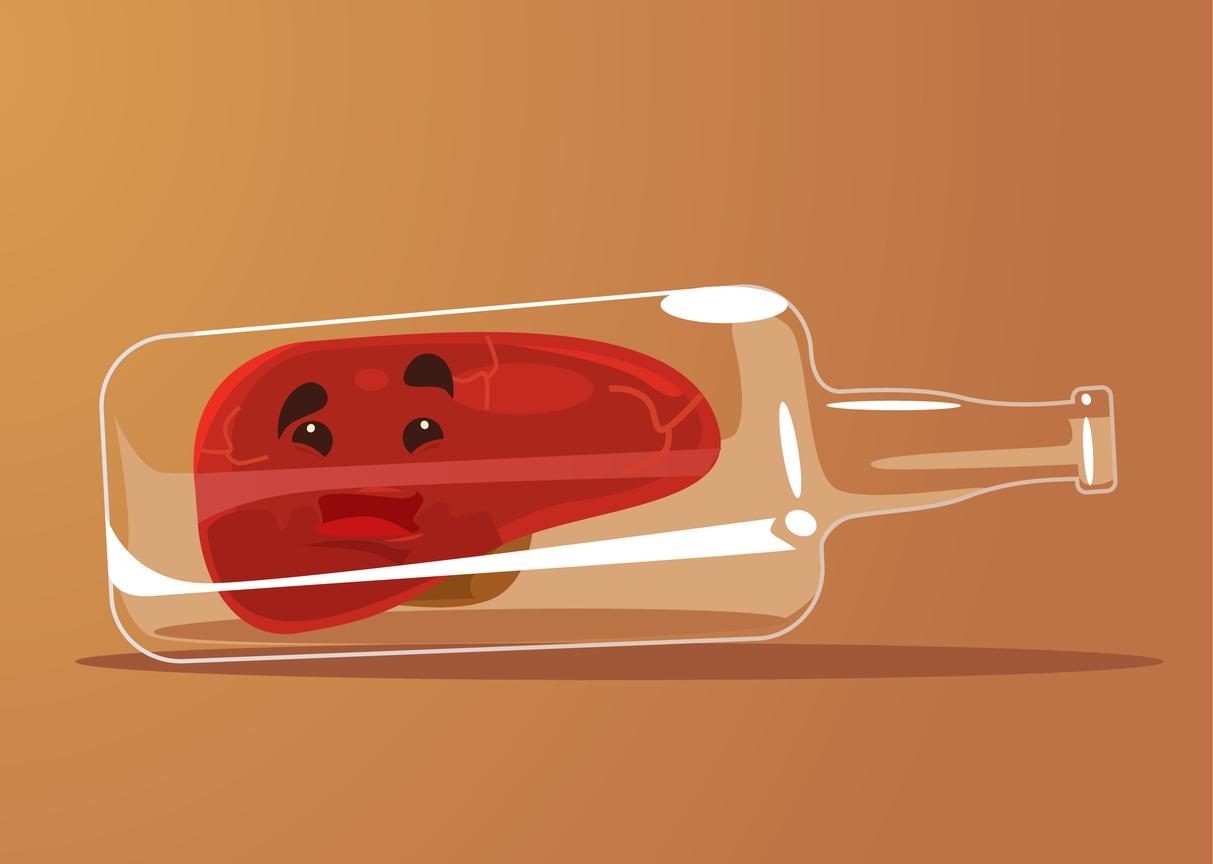In addition to being compatible, the two approaches towards which people suffering from alcohol-related problems are mainly oriented would be more effective if combined. This is revealed by a study conducted in the United States.
-1588266547.jpg)
While specialists tend to refer people with alcohol-related problems either to the Alcoholics Anonymous (AA) 12-step program or to cognitive-behavioral therapy (CBT), it would actually be more effective to recommend both approaches simultaneously. This is the conclusion of a study conducted in the United States and published in the academic journal Training and Education in Professional Psychology.
“If they have any biases or misunderstandings about the Alcoholics Anonymous program and its members, clinicians need to be aware of that. Especially since an empirical study demonstrating how effective 12-step programs are now widely available.assures Sara Dolan, doctoral student, associate professor of psychology and neurosciences at baylor universityin one item published on the institution’s website. Since it is likely that clinicians will work with people who participate in 12-step programs, we need to learn as much as possible about how to incorporate 12-step treatment into our work with these clients..”
No, AA is not part of a religious program
Among the misunderstandings about AA, researchers have identified in particular the received idea according to which members deny their personal responsibility for their sobriety. “Although the first stage of the program asks individuals to recognize their ‘helplessness’ in the face of alcohol, the program aims to help individuals accept personal responsibility for their actions”say the scientists.
Another prejudice: the idea that it would be a religious program, requiring belief in God. If the study recalls that there is indeed a Christian historical influence in the principles of Alcoholics Anonymous (like introspection, confession or even reparation), the authors are categorical: AA considers itself to be a “spiritual program of action”. “The ‘Big Book’ — A.A.’s manual — only asks if everyone is ‘ready to believe there is a Power greater than oneself’, with no requirement as to the definition of Power and no saying that it exists with a absolute certainty”write the researchers.
Two fundamentally very similar approaches
The article highlights the existence of important differences between Alcoholics Anonymous and cognitive-behavioral therapy, like the relationship with a peer, himself in withdrawal, in the former. Similarly, if AA aims for total abstinence, sometimes CBT may only encourage a reduction in the number of drinks. Finally, while therapy comes at a cost, membership in Alcoholics Anonymous is free.
Nevertheless, the researchers highlight the many commonalities between the two approaches. In particular, they allude to the fact that, in both cases, the work is of a cognitive and behavioral nature. Indeed, as in the context of a therapy, AA goes through the identification of the thoughts, emotions, attitudes and behaviors that are at the origin of the problem in order to replace them with others, more adapted. Also, CBT, like AA, advocates taking responsibility for one’s actions, but also acceptance, introspection and relaxation.
Attend A.A. meetings and read the “Big Book” to bridge the gap
In conclusion, the study recommends that clinicians become aware of their misunderstandings about Alcoholics Anonymous and educate themselves on the subject. Suggestions are thus offered, such as taking part in AA meetings as a guest or even reading the “Big Book”. Another suggestion: “translate” the language of the 12 steps into cognitive behavioral therapy terminology. Indeed, it could help informational clinicians understand the corollaries of the two approaches and bridge the gap.
.
















